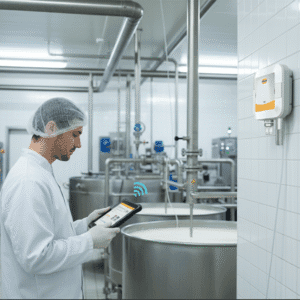Dairy Industry
Dairy Quality Control & Environmental Monitoring
Instrumentation in the Dairy Industry is essential for ensuring product quality, safety, and operational efficiency. Precise monitoring and control of various parameters such as temperature, pressure, flow, and humidity are critical in dairy processing, from milk collection to packaging.
Product Quality: Accurate control of parameters such as temperature, pH, and humidity ensures that dairy products meet strict quality standards. Safety Compliance: Instruments like temperature sensors and pH meters ensure that dairy products are processed safely, reducing the risk of contamination and spoilage, and adhering to food safety regulations (e.g., HACCP, FDA).Efficiency: Flow meters, pressure sensors, and automated systems optimize the production process, reducing waste and ensuring cost-effective operations.
Traceability and Documentation: Data loggers and monitoring systems provide continuous records for traceability and regulatory compliance, ensuring that production conditions can be reviewed and verified at any time.
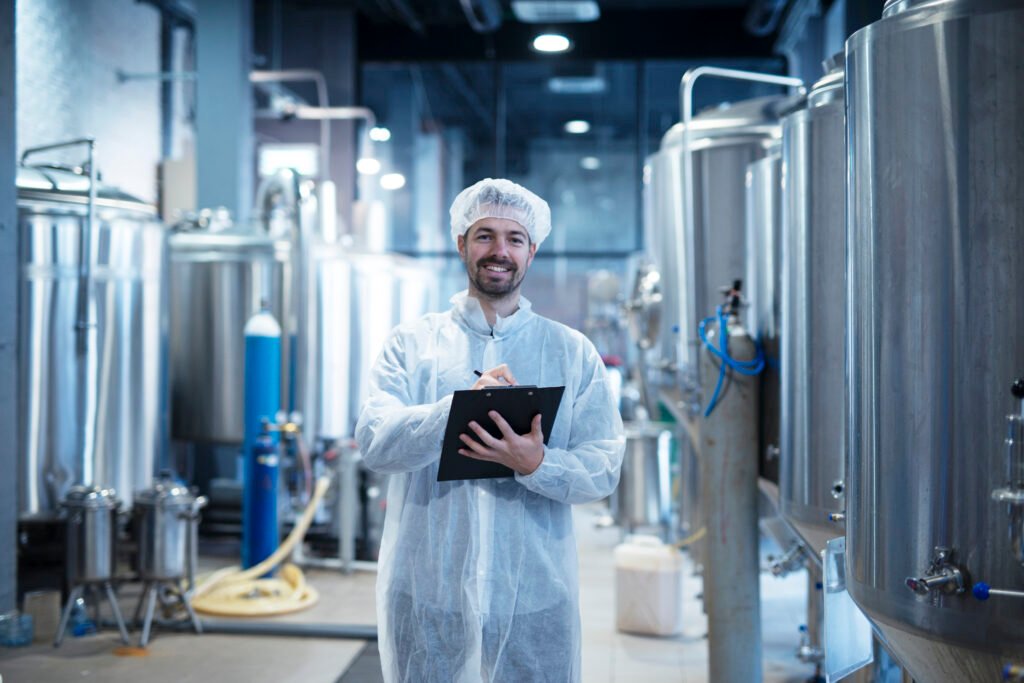

Dairy
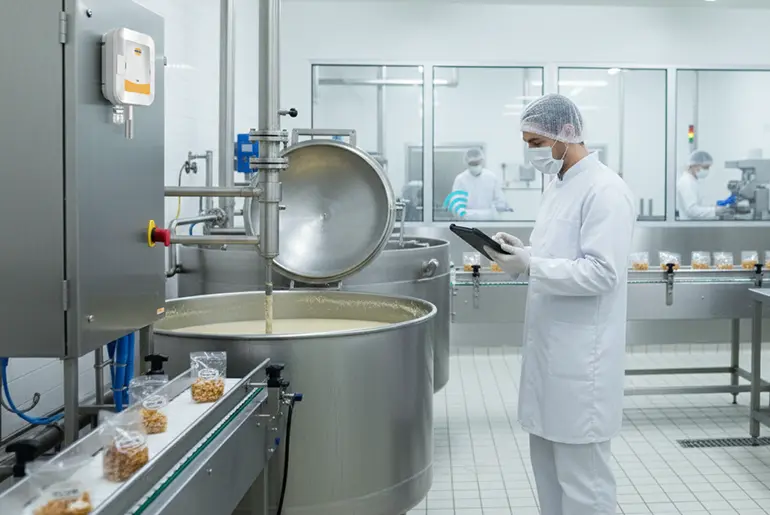

This segment involves the farming and collection of raw milk from dairy animals such as cows, goats, and buffaloes. Milk production is the foundation of the dairy industry, where farmers focus on animal husbandry, feeding, and health management. Quality control and testing.
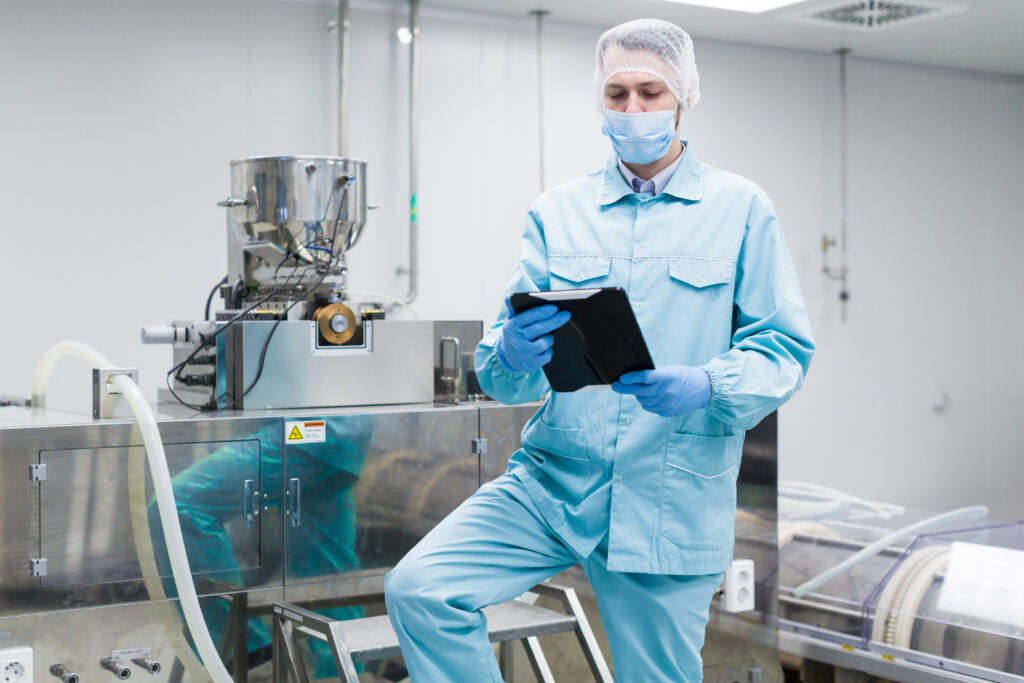

Raw milk is processed into a variety of dairy products. This involves pasteurization, homogenization, and standardization of milk to produce safe and consumable dairy products.Pasteurization (to kill harmful bacteria) Homogenization (to ensure uniform fat distribution)
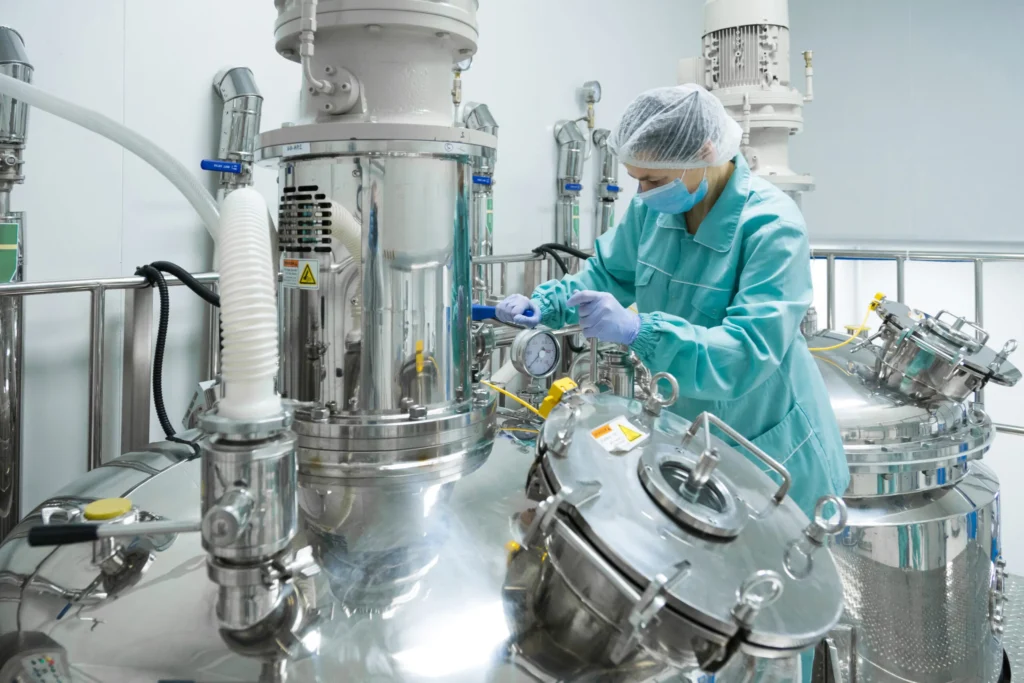

One of the largest segments of the dairy industry, cheese production involves converting milk into various types of cheese, such as cheddar, mozzarella, blue cheese, and soft cheeses.Pressing and molding, Aging and fermentation, Quality control and flavor development


Ice cream and frozen dairy desserts are produced using a blend of milk, cream, sweeteners, and stabilizers. This is one of the most popular segments due to the wide variety of products and flavors.Pasteurization and homogenization, Freezing and churning ,Flavor mixing ,Packaging.
Sensors for Dairy Industry
In the dairy industry, sensors play a crucial role in automating and monitoring various processes, ensuring product quality, safety, and efficiency. These sensors help track and control parameters like temperature, pressure, flow, pH, and humidity, which are essential in dairy production, storage, and processing. Monitor the temperature at different stages of dairy processing, from milk collection to pasteurization and storage.
Instruments Used in the Dairy Industry
Temperature & Humidity Transmitters
Measure and transmit temperature and humidity data in dairy environments such as production rooms, storage areas, and cold chains.
Applications: Milk storage: Monitors the temperature and humidity in milk storage tanks to prevent spoilage. Cheese and yogurt production: Ensures optimal environmental conditions for fermentation and aging. Cold rooms: Controls temperature and humidity in refrigerated areas for storing dairy products like butter, cheese, and milk powder. To ensure that products such as milk, cheese, yogurt, and butter are stored and processed under optimal temperatures to prevent spoilage, bacterial growth, and product degradation.
Differential Pressure Transmitters
Measure and control the difference in pressure between two points, crucial in various processes involving filtration, homogenization, and cleaning systems.
Applications: Milk filtration: Monitors the pressure across filters to ensure efficient removal of impurities from milk. Homogenization: Controls pressure during milk homogenization to achieve uniform fat distribution and product consistency. Cleaning-in-Place (CIP) systems: Measures pressure in CIP systems to ensure effective cleaning of pipes and tanks, maintaining hygiene standards. Differential pressure transmitters are designed to provide highly accurate readings.
Mobile Dataloggers
Portable devices used to record data such as temperature, humidity, and pressure over time, providing real-time monitoring and tracking.
Applications: Cold chain management: Monitors temperature and humidity during transportation of products to ensure freshness and prevent spoilage. Quality control: Tracks environmental conditions in production and storage areas, providing data for regulatory compliance and audits. Process optimization: Helps optimize production processes by providing detailed environmental data for analysis and improvements. Mobile Dataloggers are versatile, portable devices used to collect and record data, such as temperature, humidity, pressure, and other environmental parameters, over a period of time.
Clima Datalogger
The highlights of POLWAX CLIMA Connect include wireless connection, high autonomy, and flexibility for different types of sensors. The value addition is completed by the large display, portability, and simple installation. Mobile device configuration and data downloading are also possible.



